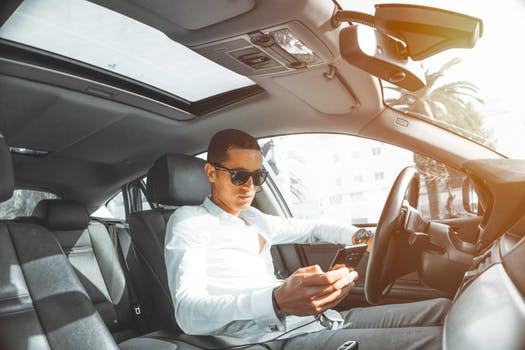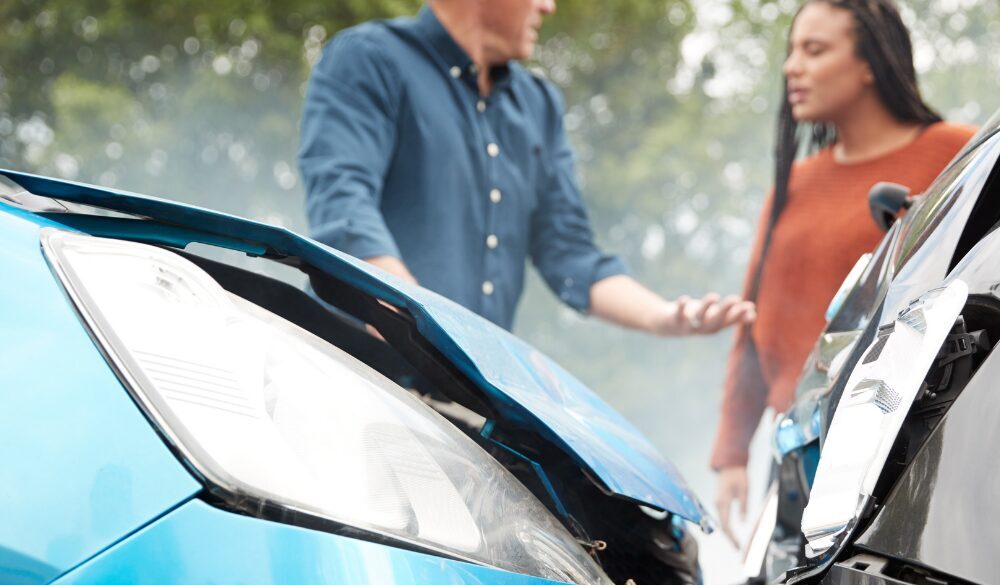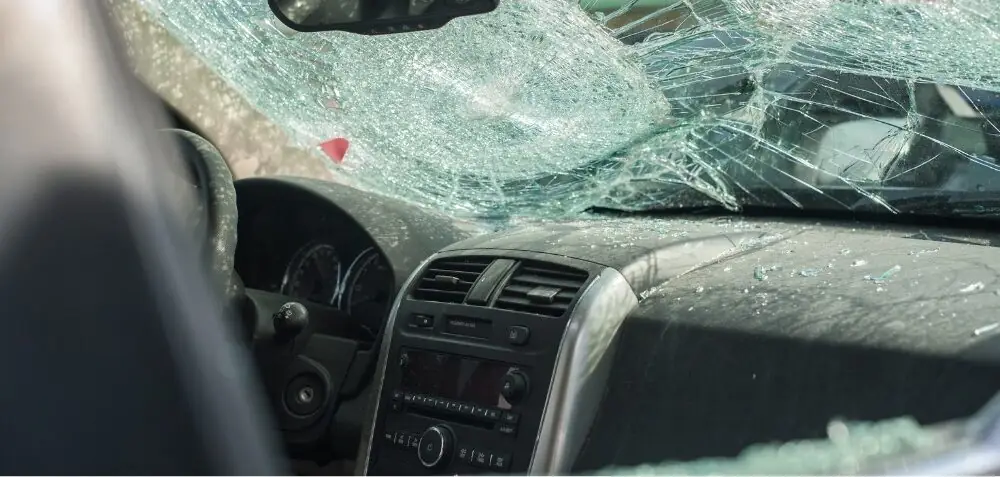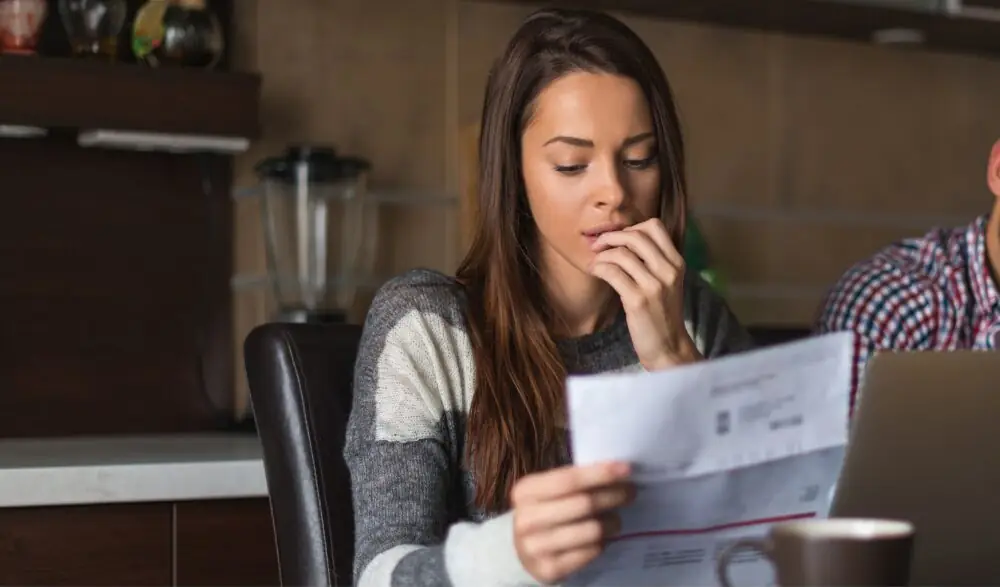
According to the National Highway Traffic Safety Administration, approximately 9 people are killed and more than 1,000 injured in crashes that are reported to involve a distracted driver every day in the United States. Distracted driving is a costly mistake made by drivers everywhere. As the percentage of people who drive distracted increases each year, so do the number of injuries and fatalities on U.S. highways. The AAA Foundation for Traffic Safety reports that more than 50% of serious crashes involving teens are believed to be caused by distractions. Read more about distracted driving and NHTSA statistics here: https://www.nhtsa.gov/risky-driving/distracted-driving.
While many states, including Washington, have passed legislation to ban texting while driving, it is ultimately up to the person behind the wheel to make the changes necessary to keep our roads safe. Below are some ways to help prevent distracted driving.
Put Your Cell Phone Away
The worst distraction to a driver is his or her cell phone. With text messages, calls, E-Mail, Facetime and various forms of social media sending notifications to your phone constantly, it is easy to feel like you are missing something by not looking at your phone for an extended period of time. But the fact of the matter remains, nothing on your phone is worth risking your safety, or the safety of others. To limit the distraction caused by your phone, make it unavailable to use during car rides. Put it somewhere out of reach and out of mind. The glove compartment or your purse in the backseat are both good options. You can also turn it off for the duration of the ride, put it on silent, or switch it to airplane mode so that you are not tempted to look at it when you get a notification. These things can help minimize distractions from your cell phone.
Limit Activities While Driving
While reports heavily focus on the dangers of texting and driving, there are a myriad of other distracting activities that can be just as dangerous. This includes eating, drinking, grooming, looking up directions, or listening to the radio. Limit the number of things going on during your car ride by being prepared before you even start your vehicle. If you need to use your phone’s GPS system for directions, enter the destination and examine the route before embarking on your trip. If you have a snack you plan to eat, try doing so before you get in your car. If you are driving alone and want to listen to music, make a playlist beforehand so that you won’t have to reach for your phone to find a song. Preparation limits distractions and increases safety.
Carpool When Possible
Choosing to carpool when possible can be extremely beneficial to your safety and the safety of others on the road. Driving by yourself, especially for long periods of time, can get boring. Boredom can lead to taking your eyes off the road. Because of this, the company of another person can often be helpful for car rides, especially if they are long. More importantly, the company of a passenger completely eliminates the need for the driver to look at their phone. Instead of trying to multitask while driving, have your friend look up directions, send your texts, or change the music so that you can focus on the road.
Drive Well Rested
Driving when you are tired can be just as dangerous as driving distracted. Exhaustion can sneak up on you, causing your eyes to get heavy and your concentration to lapse when you are behind the wheel. If this ever happens, pull over immediately. If you are on a long trip, consider checking in to a hotel or stopping at a rest spot. If you do not think you can make it to the nearest rest stop without your eyes getting heavy again, pull over and take a nap in your car. To prevent falling asleep behind the wheel, make sure you get adequate sleep before embarking on long trips.
GLP Attorneys encourages all drivers to minimize their driving distractions and to focus on the road at all times. Help spread the word and together we can make Washington roadways safer.


